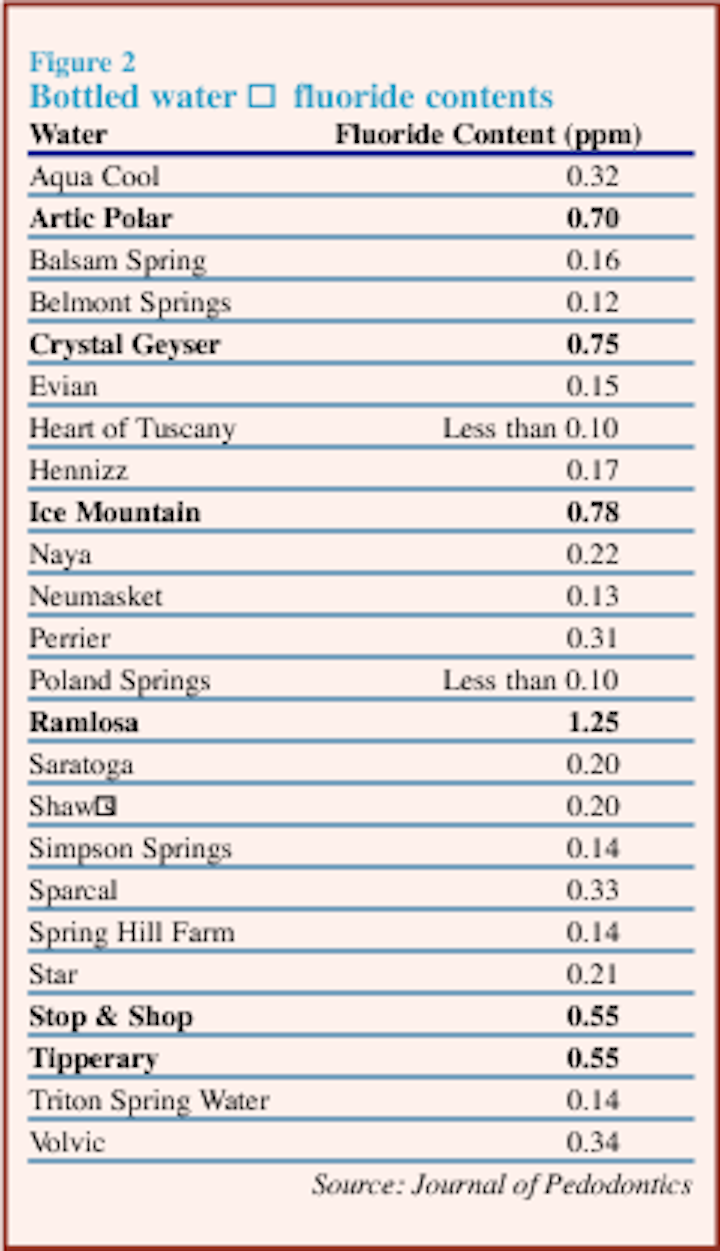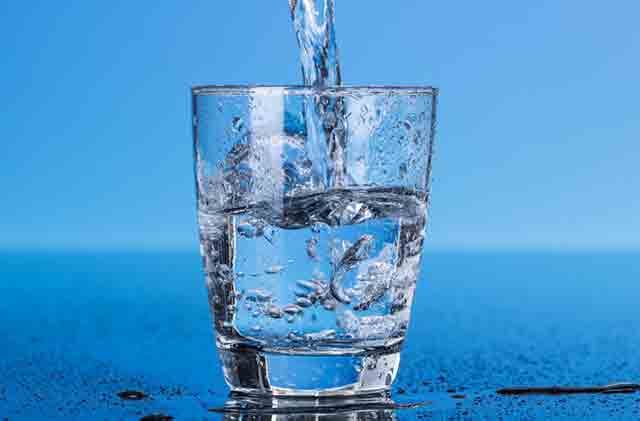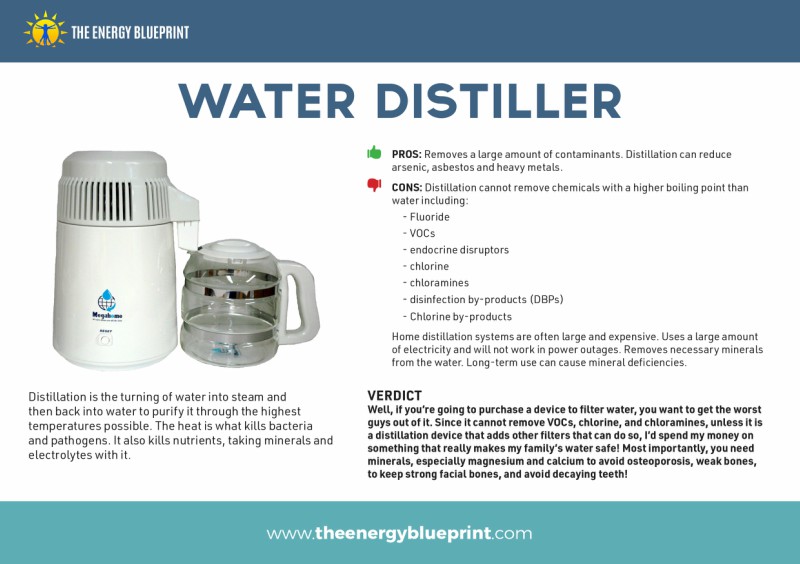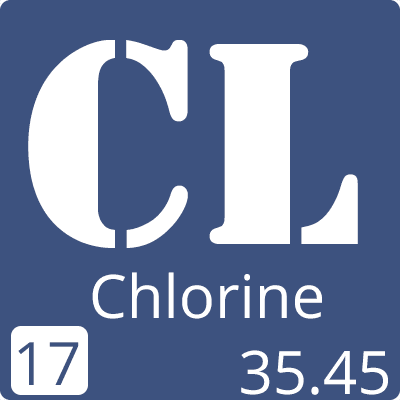Does Boiling Water Remove Chlorine And Fluoride

Yet it will instead leave behind the poisonous byproducts and vocs.
Does boiling water remove chlorine and fluoride. Does boiling water remove chlorine and fluoride. Although boiling water is an excellent method of eliminating some chemicals such as chlorine boiling tap water does not remove fluoride. Boiling water speeds up the evaporation process. Once you breathe in it.
The most popular water filters the inexpensive activated carbon pitchers and tap attachments sold under the brand names brita and pur can t remove fluoride. Boiling water will only eliminate volatile components such as dissolved chlorine gas hydrogen chloride and dissolved fluorine gas and hydrogen fluoride but not components such as calcium chloride. Boiling is an effective method of removing chlorine from water like gassing off boiling works using the same principle of letting chlorine turn into a gas and escape into the atmosphere. Boiling water does remove chlorine.
However i would recommend distillers since i have used both. This is due to water evaporating and fluoride staying untouched. When you shower chlorine and chloramine both discharge into the air. When you let chlorinated water sit for 30 minutes to an hour it will disperse from the standing water.
Chloramine does not disperse from the water as chlorine does. Trying to boil out fluoride is akin to boiling out sodium or chloride from dissolved salt in water it won t work. Boiling the water creates sufficient aeration in form of bubbles which makes removal of volatile chlorine possible within 20minutes. As the volume of water decreases through boiling the fluoride concentration actually goes up.
A good way to get rid of the chemicals in your drinking water is to get yourself a distiller or use an excellent filter. Boiling water removes chlorine much faster compared to leaving the water to sit for a while for chlorine to evaporate on its own. Resulting in the same amount of fluoride for a smaller amount of water. The distiller will run for years but filters will need to be replaced every six months.
Water softeners softening water does not have any effect on the levels of fluoride in water. When it comes to getting rid of those contaminants there s no doubt that chlorine and fluoride are effective but when it comes to drinking disinfectant chemicals you re probably more than a little hesitant. Water treatment facilities across the world add fluoride and chlorine to water to reduce the amount of bacteria viruses and other pathogens infecting the local water supply. In fact boiling water can have an adverse effect as it may increase the concentration of fluoride.
















































